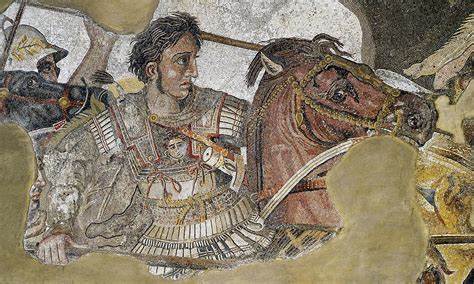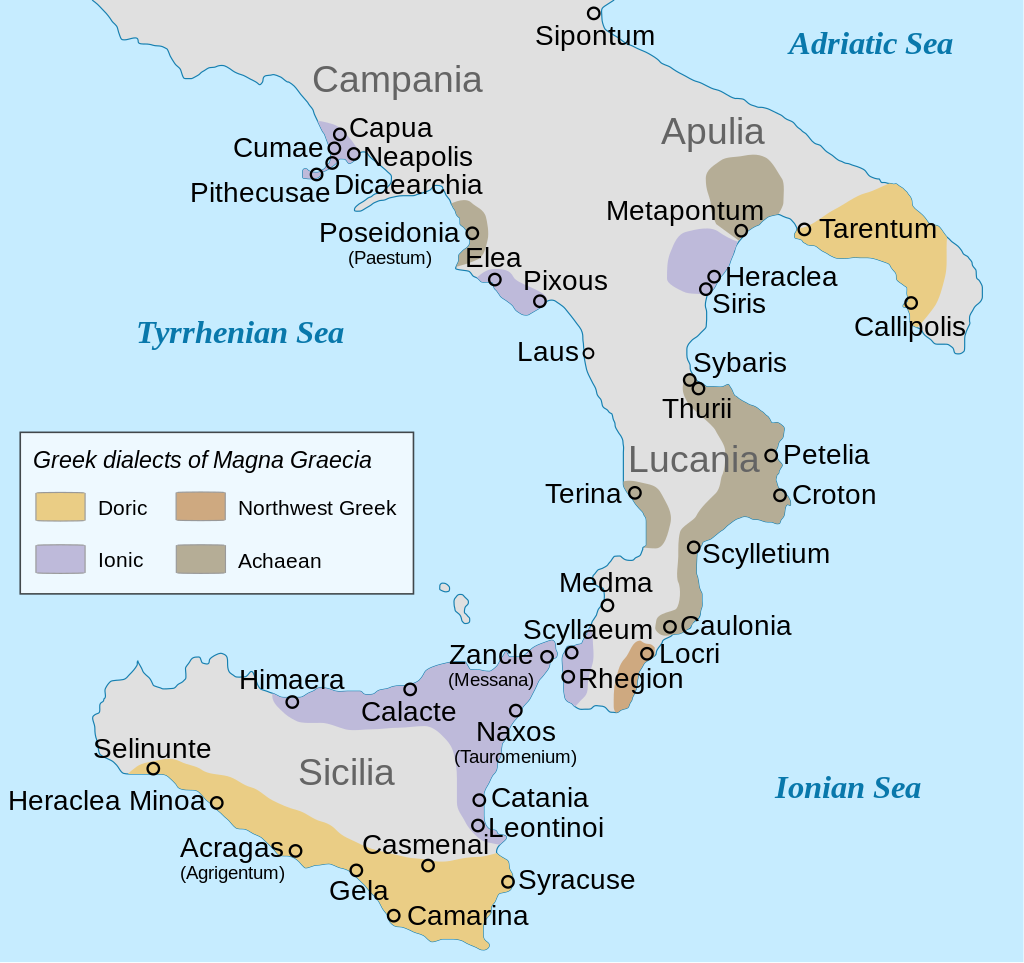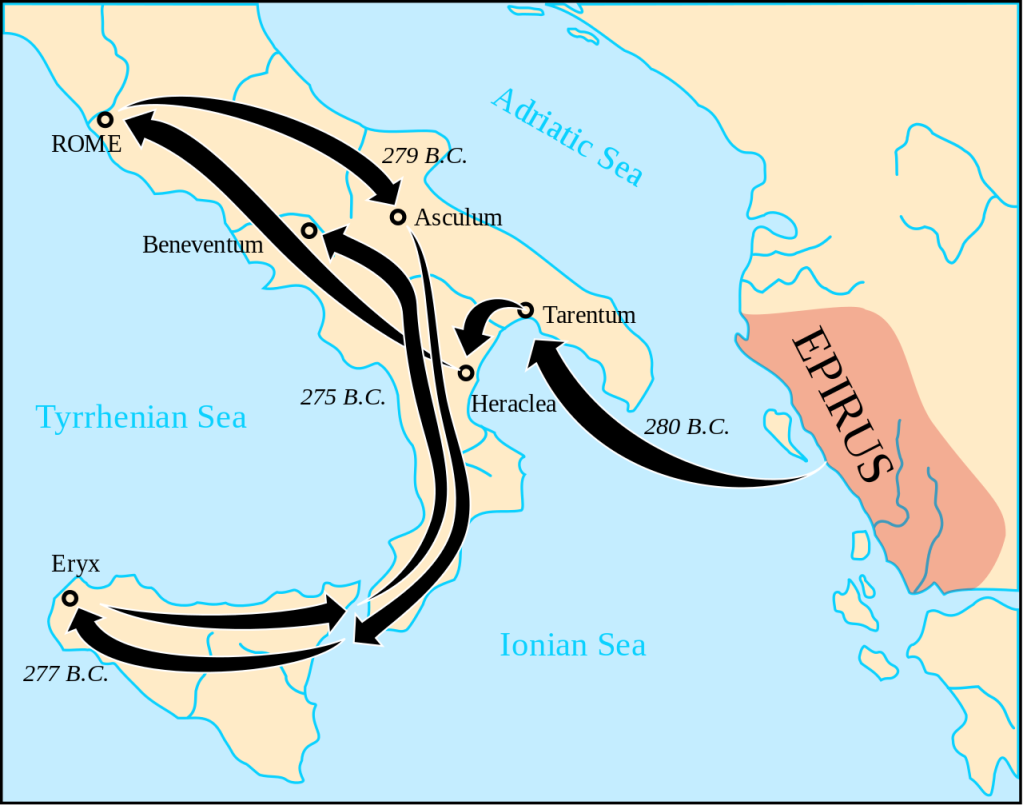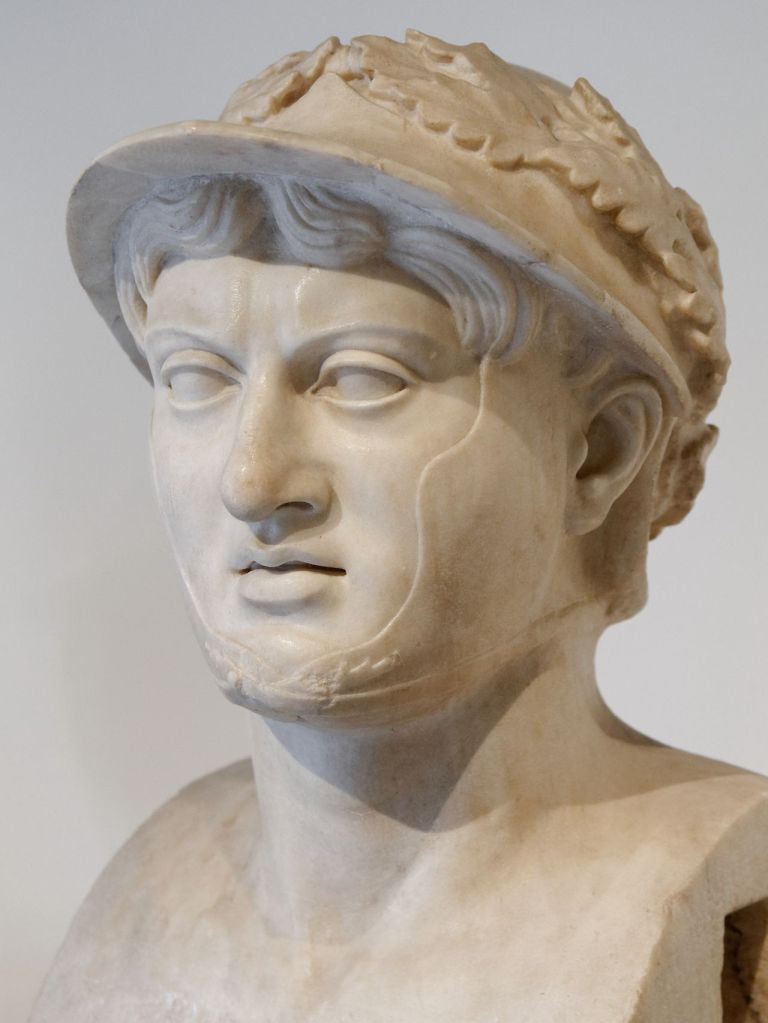quotes and commentaries gathered by
RICHARD K. MUNRO
Famed Greek general Pyrrhus of Epirus gave birth to the immortal phrase “pyrrhic victory.”



After the battle of Asculum (279BC) Plutarch relates in a report by Dionysius :
The armies separated; and, it is said, Pyrrhus replied to one that gave him joy of his victory that one other such victory would utterly undo him. For he had lost a great part of the forces he brought with him, and almost all his particular friends and principal commanders; there were no others there to make recruits, and he found the confederates in Italy backward. On the other hand, as from a fountain continually flowing out of the city, the Roman camp was quickly and plentifully filled up with fresh men, not at all abating in courage for the loss they sustained, but even from their very anger gaining new force and resolution to go on with the war.
— Plutarch, Life of Pyrrhus
Pyrrhus was a mercenary general and mercenaries fight only for money and glory. My grandfather used to say ” a soldier will die for the
colours but not for an extra two bob a day.” The Romans of old had deep civic virtue and patriotism and that unity and courage were tough nuts to crack. It makes one think of the Russians 1941-1945 and the Ukrainians in our day (2022-2024). If the Ukrainians get the aid and weapons they need I think they will be unconquerable and eventually the Russians will tire of their bloody Pyrrhic victories. They may tire of
Putin himself.

A marble bust of Pyrrhus from the Villa of the Papyri at the Roman site of Herculaneum, now in the National Archaeological Museum of Naples, Italy It is quite possible that Julius Caesar himself gazed upon this very portrait as the Villa of the Papyri belonged to a close relative.
“…on the eve of battle [Alexander the Great] appeared in a dream to Pyrrhus, boldest of Greek generals, and when Pyrrhus asked what help a ghost could promise, ‘I lend you,’ he answered, ‘my name.’ True to the story, it was the name which retained a living fascination for two thousand years. It attracted the youthful Pompey, who aspired to it even in his dress; it was toyed with by the young Augustus, and it was used against the emperor Trajan; among poets, Petrarch attacked it, Shakespeare saw through it; Christians resented it, pagans maintained it, but to a Victorian bishop it seemed the most admirable name in the world. Grandeur could not resist it; Louis XIV, when young, danced as Alexander in ballet; Michelangelo laid out the square on Rome’s Capitol in the design of Alexander’s shield; Napoleon kept Alexander’s history as bedside reading, though it is only a legend that he dressed every morning before a painting of Alexander’s grandest victory. As a name, it had the spell of youth and glory: it was Julius Caesar who once looked up from a history of Alexander, thought for a while and then burst into tears ‘because Alexander had died at the age of thirty-two, king of so many peoples, and he himself had not yet achieved any brilliant success.’”
FROM Alexander the Great by Robin Lane Fox (1973)
( a wonderful book I read this when I was at NYU and there have been other biographies since but this remains one of the best and is of the highest literary quality).

You must be logged in to post a comment.